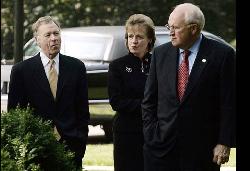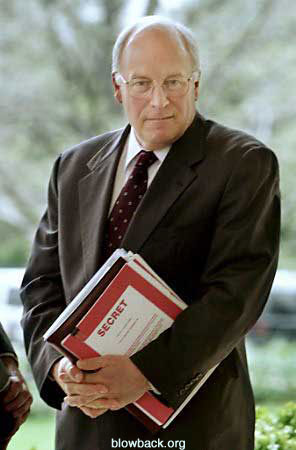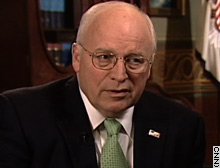
· Violence expected to rise after UK withdrawal
· Troop numbers too low
· Coalition is 'disintegrating'
An elite team of officers advising US commander General David Petraeus in Baghdad has concluded the US has six months to win the war in Iraq - or face a Vietnam-style collapse in political and public support that could force the military into a hasty retreat.
The officers - combat veterans who are leading experts in counter-insurgency - are charged with implementing the "new way forward" strategy announced by president George Bush on January 10. The plan includes a controversial "surge" of 21,500 additional American troops to establish security in the Iraqi capital and Anbar province.
But the team, known as the "Baghdad brains trust" and ensconced in the heavily fortified Green Zone around the US embassy, is struggling to overcome a range of entrenched problems in what has become a race against time, said a former senior administration official familiar with their deliberations. "They know they are operating under a clock. They know they are going to hear a lot more talk in Washington about 'Plan B' by the autumn - meaning withdrawal. They know the next six-month period is their opportunity. And they say it's getting harder every day," the former official said.
By improving security, the plan's short-term aim is to create time and space for the Iraqi government to bring rival Shia, Sunni and Kurd factions together in a process of national reconciliation, us officials say. If that works within the stipulated timeframe, longer-term schemes for rebuilding Iraq under the so-called "go long" strategy will be set in motion. But the next six months are make-or-break for both the US military and the Iraqi government.
Click for more

































